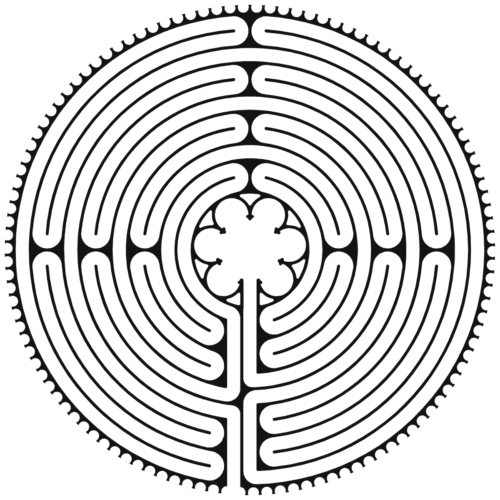All bios current as of 2019.

Aziza Ahmed
Aziza Ahmed teaches Property Law, Reproductive and Sexual Health and Rights, and International Health Law: Governance, Development and Rights at Northeastern School of Law. Her scholarship examines the legal, regulatory and political environments for health in US domestic law, US foreign policy and international law. Ahmed was selected as a fellow with the Program in Law and Public Affairs (LAPA) at Princeton University for 2017-2018, where she spent the year developing her work on law, feminism and science into a book with particular emphasis on how women’s health advocates shaped the AIDS response. She has also written extensively about abortion and reproductive health. Prior to joining Northeastern, Ahmed was a research associate at the Harvard School of Public Health Program on International Health and Human Rights, following a Women’s Law and Public Policy Fellowship with the International Community of Women Living with HIV/AIDS.
Dan Danielsen
Dan Danielsen is Professor of Law and Faculty Director of the Program on the Corporation, Law and Global Society at Northeastern University School of Law. He received his J.D. from Harvard Law School in 1989. His research explores the complex role of the business firm in global governance, most recently through the study of global supply chains. Prior to joining Northeastern, Danielsen was executive vice president and general counsel of Europe Online Networks S.A., a pioneer in the provision of broadband Internet and interactive multimedia services to consumers across Europe. Danielsen was also a partner at Foley, Hoag LLP, where his practice focused on the representation of US and European public and privately held businesses with respect to corporate finance, mergers and acquisitions, strategic partnerships and joint ventures, content and technology licensing and corporate strategy.
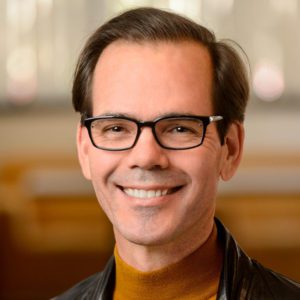
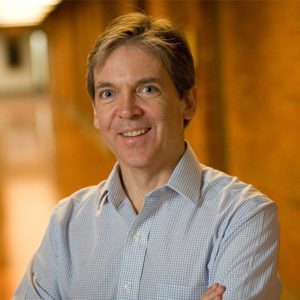
Stephen Hilgartner
Stephen Hilgartner is Professor of Science and Technology Studies at Cornell University, where he studies the social and political dimensions of emerging science and technology, especially in the life sciences. His research focuses on situations in which scientific knowledge is implicated in establishing, contesting, and maintaining social order — a theme he has examined in studies of expertise, property formation, risk disputes, and biotechnology. His most recent book, Reordering Life: Knowledge and Control in the Genomics Revolution (MIT Press, 2017), examines how new knowledge and new regimes of control took shape during the Human Genome Project. Hilgartner’s book on science advice—Science on Stage: Expert Advice as Public Drama—won the Rachel Carson Prize from the Society for Social Studies of Science. He is a co-editor of two recent books: Science & Democracy: Making Knowledge and Making Power in the Biosciences and Beyond (Routledge, 2015) and Handbook of Genomics, Health and Society (Routledge, 2018).
J. Benjamin Hurlbut
J. Benjamin Hurlbut is Associate Professor of Biology and Society in the School of Life Sciences at Arizona State University. He is trained in Science and Technology Studies with a focus on the history of the modern biomedical and life sciences. Hurlbut studies the changing relationships between science, politics and law in the governance of biomedical research and innovation, examining the interplay of science and technology with notions of democracy, religious and moral pluralism, and public reason. He is the author of Experiments in Democracy: Human Embryo Research and the Politics of Bioethics (Columbia University Press, 2017) and co-editor of Perfecting Human Futures: Transhuman Visions and Technological Imaginations (2016), as well as author of numerous articles and book chapters. He received a Ph.D. in the History of Science from Harvard University and was a postdoctoral fellow in the Program on Science, Technology and Society at Harvard Kennedy School.
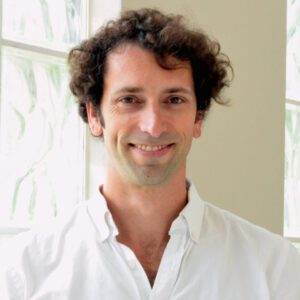
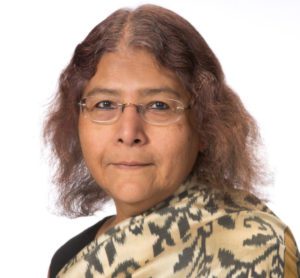
Sheila Jasanoff
Sheila Jasanoff is Pforzheimer Professor of Science and Technology Studies at the John F. Kennedy School of Government at Harvard University. Previously, she was Professor of Science Policy and Law at Cornell University and founding chair of Cornell’s Department of Science and Technology Studies. At Harvard, she directs the Kennedy School’s Program on Science, Technology and Society (STS). In 2002, she founded the Science and Democracy Network, an international community of STS scholars dedicated to improving scholarly understanding of the relationships among science, technology, law, and political power. Jasanoff has been a pioneer in building the field of Science and Technology studies (STS) and shaping its research trajectories. Her writings on law and science, risk management, the comparative politics of regulation, and science in environmental decisionmaking count as basic texts in these fields.
Pierre-Benoit Joly
Pierre-Benoit Joly, economist and sociologist, is Directeur de recherche at the National Institute of Agronomic Research (INRA) in France. He has been Director of the IFRIS (French Institute for Studies of Research and Innovation in Society) and of Labex (Laboratory of Excellence) SITES from 2011 to 2014 and he is now the director of LISIS (Laboratoire Interdisciplinaire Sciences Innovations Sociétés).His research focuses on the co-production of knowledge and social order through empirical studies of the interactions between science, democracy and the market. The aim is to analyze the contemporary transformations of scientific public space and new modes of governance of innovation and risk. Joly has coordinated or participated in several European research projects in these areas. He has published six books, coordinated four special issues of journals and published more than 110 articles or book chapters. He lectures at the Ecole des Hautes Etudes en Sciences Sociales.


Brice Laurent
Brice Laurent is senior researcher at the Center for the Sociology of Innovation of Ecole des Mines ParisTech, PSL Research University. He received his Ph.D. in Science and Technology Studies in 2011 and has been studying issues related to science and democracy since then. He initially developed a line of work on emerging technologies and democratic experiments. His current research interests relate to the politics of object-making in regulatory arenas, experimental governance in urban settings, and the politics of mineral resources. Laurent teaches at Mines ParisTech and Sciences Po Paris. His publications include Les Politiques des Nanotechnologies (Charles Léopold Mayer, 2010) and Democratic Experiments (MIT Press, 2017). An edited volume entitled Labelling the economy. The politics of qualification in contemporary markets, co-edited with Alexandre Mallard, is forthcoming in 2019 (Palgrave).
Clark Miller
Clark A. Miller is Director of the Center for Energy & Society and Professor in the School for the Future of Innovation in Society at Arizona State University. His most recent books, Designing Knowledge (2018) and The Weight of Light (2019), explore the use of STS as a framework for analyzing and informing the design of future sociotechnical systems. He has written extensively about the construction and use of knowledge in democratic politics, the globalization of science and scientific institutions, and governance of large-scale transformations in the relationships between technology and society.
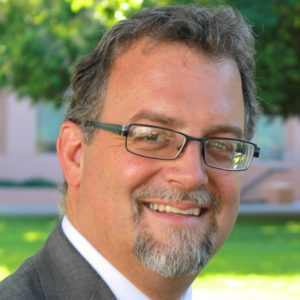
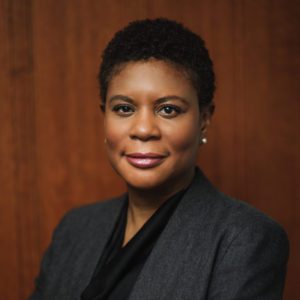
Alondra Nelson
Alondra Nelson is currently President of the Social Science Research Council and the Harold F. Linder Professor of Social Science at the Institute for Advanced Study in Princeton. She is an acclaimed sociologist, author, and researcher who explores questions of science, technology, and social inequality. Nelson is the author of two books, Body and Soul: The Black Panther Party and the Fight Against Medical Discrimination (2011) and The Social Life of DNA: Race, Reparations, and Reconciliation after the Genome (2016). Nelson has held faculty positions at Yale University and Columbia University. Nelson has served as Chair of the American Sociological Association’s Section on Science, Knowledge, and Technology. She is an elected Fellow of the American Academy of Political and Social Science and of the Hastings Center.
Jack Stilgoe
Jack Stilgoe is an associate professor in Science and Technology Studies at University College London. He teaches and researches the governance of emerging technology. He is Principal Investigator of the Driverless Futures? Project, a three year social science project looking at the governance of self-driving cars. His new book, Who’s driving? New technologies and the collaborative state, will be published in Autumn 2019. He is also the author of Experiment Earth – Responsible innovation in geoengineering. He previously worked in science and technology policy at the Royal Society and the think tank Demos. He is a fellow of the Turing Institute and a Trustee of Involve, a public participation think tank.
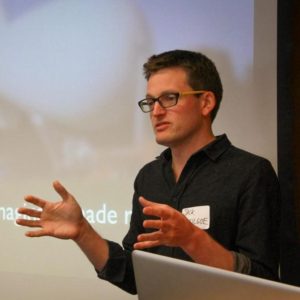
[I learned about the] importance of broadening participation as a way of maybe improving trust, [the] importance of looking at what voices left out and why (with attention to institutional infrastructure), [and the] importance of paying attention to [the] uptake side of facts.
Jonathan, 2019 Participant

